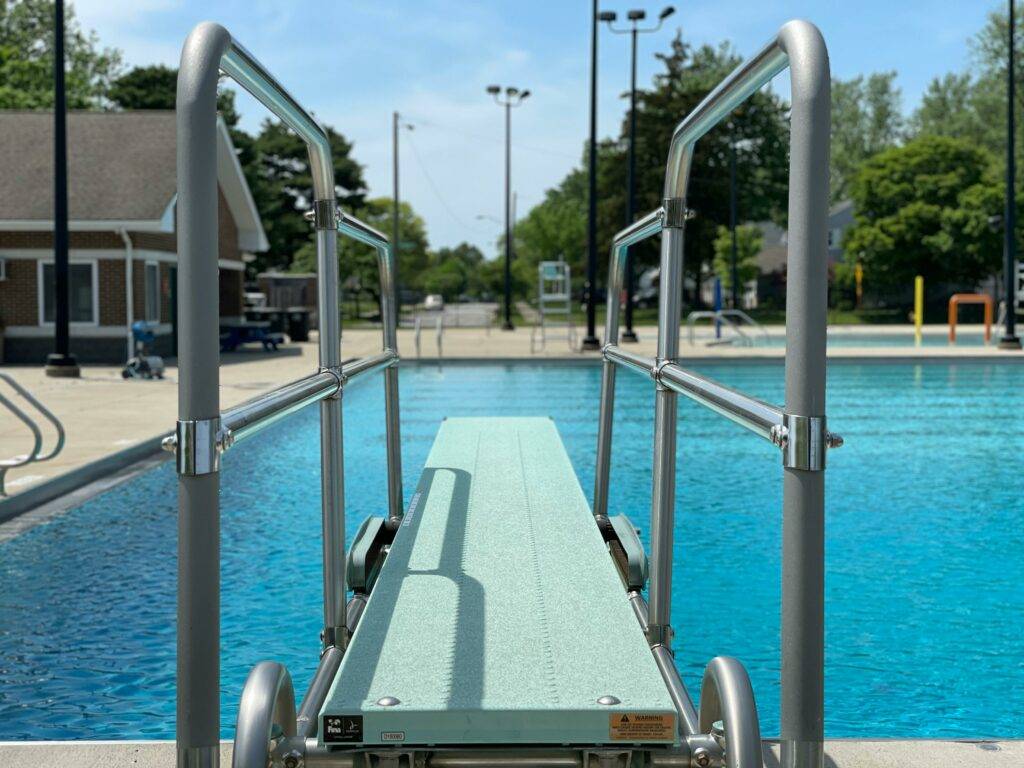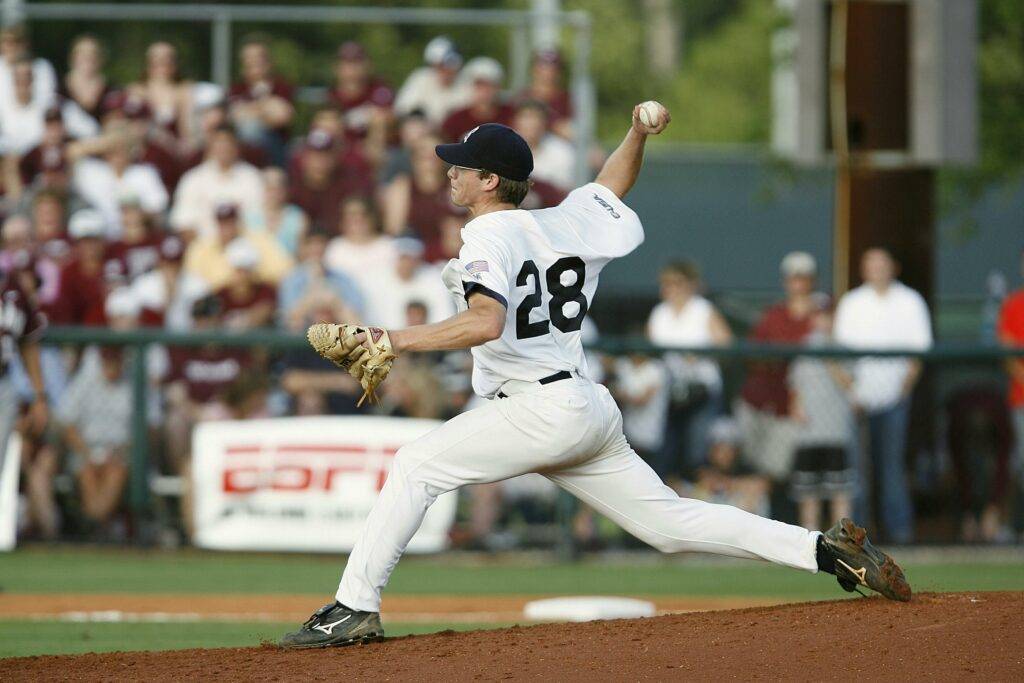Men's College Diving
Standards
How Good Do You Have to Be to Get Recruited for College Diving?
Getting recruited for college diving requires more than just impressive scores; coaches focus heavily on mastery of fundamental skills and versatility across different platforms, such as the 1-meter and 3-meter springboards and the 10-meter platform. With Athlete Pipeline, you can showcase your skills effectively, giving coaches insights into your diving abilities across all platforms.
Key Skills College Coaches Look for in Recruits
College diving coaches prioritize four essential skills that reflect a diver’s readiness for competitive collegiate-level diving:
- Approach: A smooth and controlled progression to the board’s edge is crucial. Coaches look for a diver’s straight body position with balanced arms, whether forward, at the sides, or overhead.
- Take-off: This foundational skill ensures a safe, controlled jump. A successful take-off should be powerful and smooth, with divers mastering one-foot take-offs and transitioning to two feet before leaving the board.
- Execution: Form and control during the dive are key. College coaches seek divers who maintain clean, consistent form, holding dives long enough for judges to assess execution accurately.
- Entry: A diver’s entry should be vertical, minimizing splash. Whether entering feet- or head-first, a clean finish with toes pointed demonstrates a strong level of skill and control.
Athlete Pipeline allows divers to highlight these skills and techniques in their profile, showcasing progress and versatility.
Do Divers Need to Compete on a Club Diving Team?
Yes, club diving is essential for gaining exposure. Club teams participate in events like the National Junior Olympics, Senior Nationals, and National Championships—major recruiting hubs where college coaches scout for talent. Unlike high school teams, which often focus on the 1-meter springboard, club teams train divers year-round on 3-meter and 10-meter platforms, aligning with college requirements. Athlete Pipeline lets you keep coaches updated with competition highlights, scores, and year-round progress.
How to Get College Diving Scholarships
Since swimming and diving share limited scholarship budgets, securing a diving scholarship is competitive. Here’s how scholarships typically break down:
- Division 1: Programs can offer up to 10 scholarships, shared between swimming and diving athletes.
- Division 2: Programs offer up to 8 scholarships, also split between swimming and diving.
To improve your scholarship chances, Athlete Pipeline helps you present your technical skills and meet results. Coaches prioritize technical proficiency and consistency over dive difficulty, so mastering fundamentals and performing well in conference, regional, and national meets are crucial.
How Is Diving Scored?
Dives are scored on a 0-10 scale, with five judges rating each dive. The highest and lowest scores are removed, and the remaining three scores are totaled and multiplied by the dive’s degree of difficulty.
Scoring Guide:
- Completely failed: 0 points
- Unsatisfactory: 0.5 to 2 points
- Deficient: 2.5 to 4.5 points
- Satisfactory: 5 to 6 points
- Good: 6.5 to 8 points
- Very good: 8.5 to 10 points
With Athlete Pipeline, divers can track their scores and showcase progress across events, helping coaches evaluate technique and consistency.
The Role of Video in the Diving Recruiting Process
Highlight videos are invaluable in diving recruitment, allowing coaches to see your best dives and assess your skills from afar. By recording all dives, you can create a video portfolio that demonstrates your technical proficiency. Athlete Pipeline makes it easy to upload and update videos, keeping your best performances accessible to coaches.
Takeaway
College diving recruitment prioritizes fundamental mastery and consistent performance across multiple platforms. With Athlete Pipeline, you can effectively present your skills, track your scores, and stay visible to coaches throughout your recruitment journey, increasing your chances of earning a spot on a college diving team.


